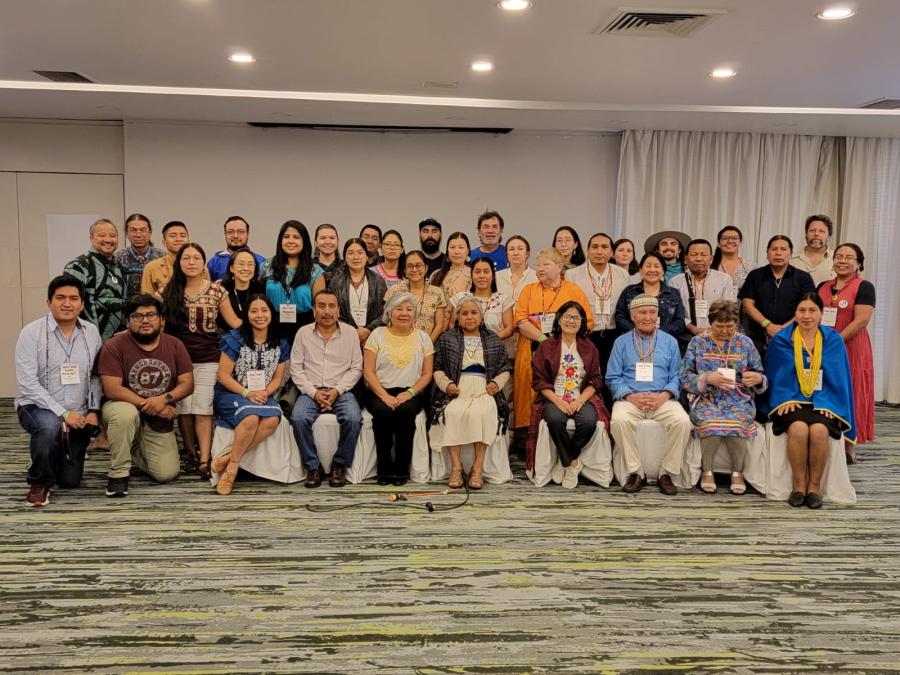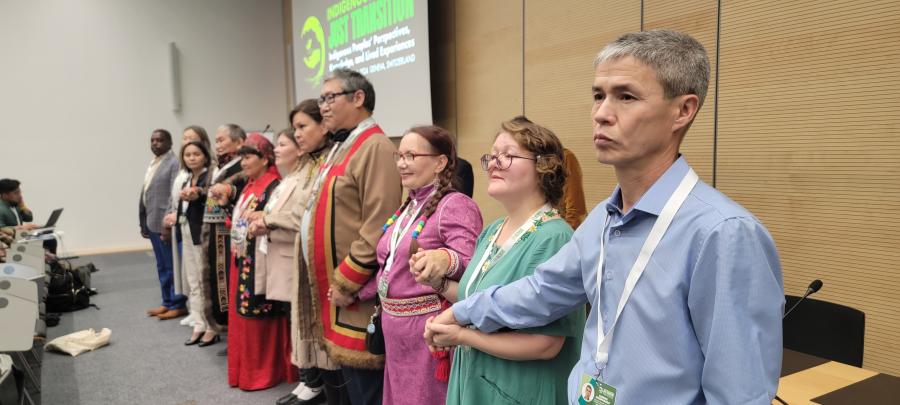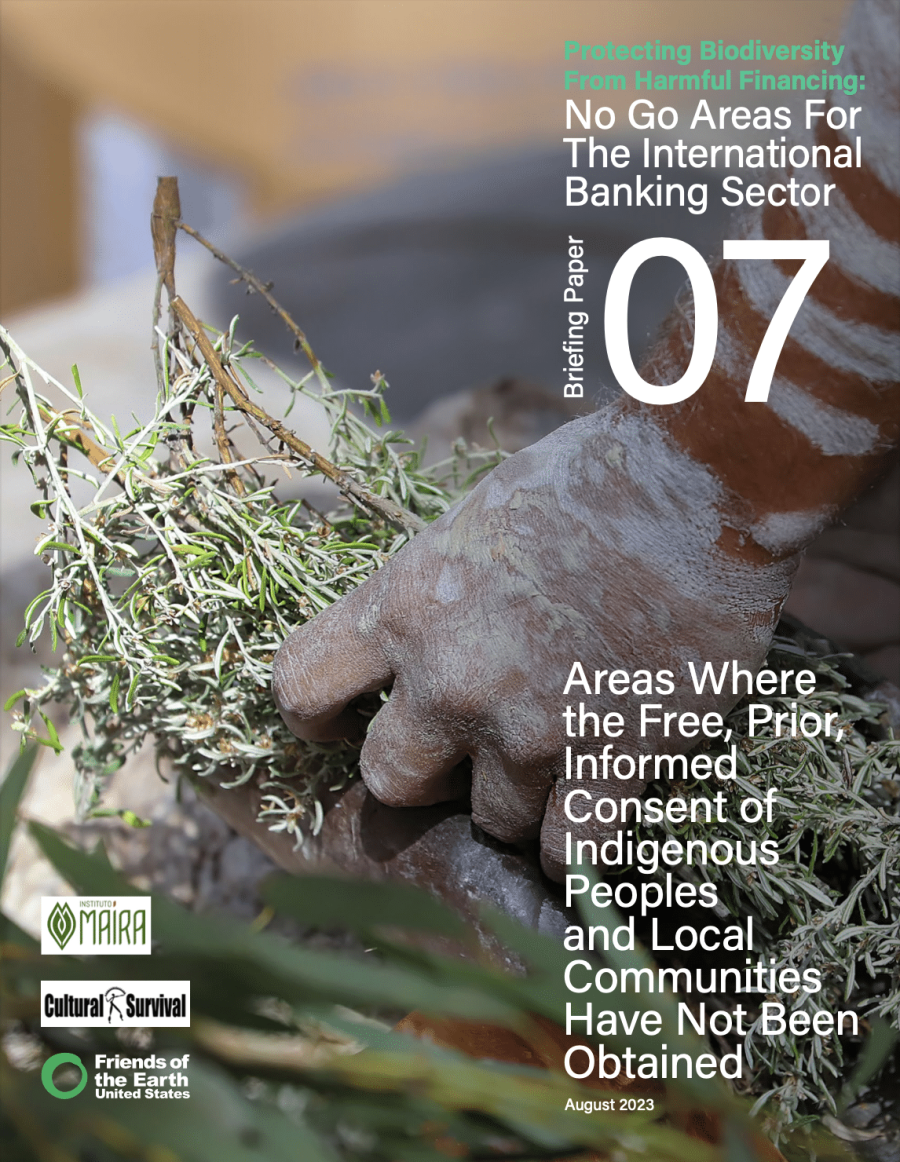Indigenous Activists Tell Cultural Survival What The Decade Meant To Them
The impact of the International Decade of the World’s Indigenous People has been positive in the sense of using the international instruments and mechanisms of the United Nations to bring the struggle of the Rapa Nui people to the international community. However, according to the November 17, 2003, report of Special Rapporteur Rodolfo Stavenhagen about the situation of human rights and fundamental freedom of indigenous peoples, there is clear evidence that the Rapa Nui people have been subjugated to various levels of human rights abuses and violations. This has provoked a negative impact on the Rapa Nui environment, cultural integrity, socio-economic status, health status, and knowledge transfer. It has also hindered our ability to exercise our responsibilities of upholding the indigenous concept of collective ownership of rights and freedom. The latter makes us seriously question the political role of the United Nations, especially in monitoring Chile’s implementation of international human rights instruments and its compliance to their responsibilities in regards to the indigenous people under colonial administration.
We, Rapa Nui people, are continuously in conflict with foreign systems, values, and the concept of individual rights and liberties, which are exercised beyond collectivity without accountability.
— Erity Teave, Parliament of Rapa Nui



